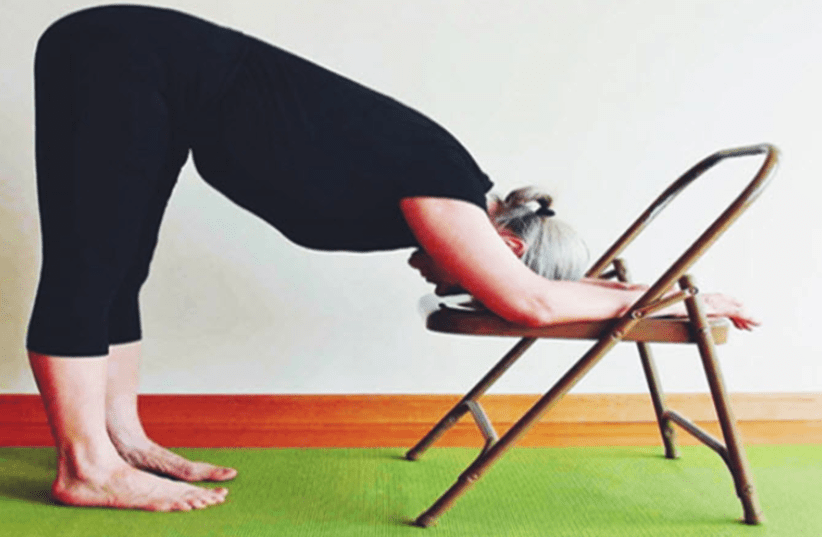Since the coronavirus pandemic began, there was a clear list of symptoms, from fever to shortness of breath to loss of taste and smell. As the pandemic developed and COVID-19 variants multiplied, the list of symptoms grew. Now reports are spreading of back pains being a new symptom of the Omicron variant.
South Africa, which first reported Omicron, is seeing an increase in reports of muscle pain – and back pain in particular – among people infected with this strain of the virus. Indian and Norwegian data supports this claim.
The cause of back pain is probably an increase in the level of inflammation in the body as the immune system fights against the invading virus, which stimulates the muscles and joints. Although it is still too early to know, some doctors suspect that Omicron has a unique effect on the skeletal and muscular system which manifests in muscle pain.
While dealing with a viral infection, the body releases lots of small proteins called cytokines which activate the immune system against pathogens. Cytokines may stimulate muscles and joints. This virus isn’t the only one that causes this reaction. Back and muscle aches are a familiar symptom of all sorts of other viral and bacterial infections. This immune response, which is the body's natural response to a viral infection, can lead to various complaints from patients related to the musculoskeletal system.
Injury to soft tissues and joints
With COVID-19, many patients' complaints of pain focus on the soft tissues around the joints. Those who have also previously had back pain or joint problems may see a flare-up of these problems after getting Omicron.
Did you get infected and your back hurts? This is how to treat it.
Experts recommend treating back pain caused by the virus the same as if you strained it. Try gentle stretching, hot/cold compresses and over-the-counter anti-inflammatory painkillers like ibuprofen or acetaminophen. Avoid strenuous exercise while you’re sick and give the body time to rest and recover.
The good news is that for the most part, back and muscle pains decrease and go away on their own when you recover and the infection clears out of the body, which takes about two weeks. Because Omicron is still considered a new strain, there isn’t enough data to know if back pain will become one of its persistent symptoms. Either way, if you suffer from persistent back pain which doesn’t improve over time, see a doctor, regardless of whether or not you had COVID-19.
